Our team manages every piece of the project from conception to completion, we guide our clients through all the necessary steps to implement the landscape design and to bring to reality the vision of the space. We provide a variety of suitable options to transform your vision to reality for both exterior and interior garden spaces.
We work with all community sectors, budgets and sizes of spaces. Upon consultation we will assess the surroundings of the property, the functionality of the space, the layout of the scheme, plant compatibility based on the use of the space, industry, estimated budget and the aspiration you wish to achieve.
There are countless studies on the increasing concern with the amount of time people spend indoors opposed to in nature, overtime this repetitive unhealthy by-product of our current societal behaviour has shown to have implications on mental, physical and emotional health, ultimately affecting our personal and professional lives.
As we continue to spend more time indoors, glued to our cell phones, televisions, computers and tablets we increase our potential to experience psychological and physiological harm. Our mission at Santuario is to reverse this trend and improve the overall well-being of our communities by incorporating the healing power of nature into every environment.
We are focused on building relationships with our clients through productive collaboration, innovation, trust, and dedication.

Educational Faculties
Santuario is passionate about creating energetically charged sensory garden spaces to educate and enhance creativity for all students and communities.
School gardens are not a new concept, the link between horticulture and health has been scientifically documented for centuries. In 1918, Van Evrie Kilpatrick stated in his book, The Child’s Food Garden, With A Few Suggestions For Flower Culture:
“The importance of encouraging our children in outdoor work with living plants is now recognized. It benefits the health, broadens the education, and gives a valuable training in industry and thrift.”
More and more schools across the world are incorporating gardens at every level, and as a part of their curriculum. Garden spaces that have been implemented in learning faculties have been shown to improve academic achievement and overall student health.
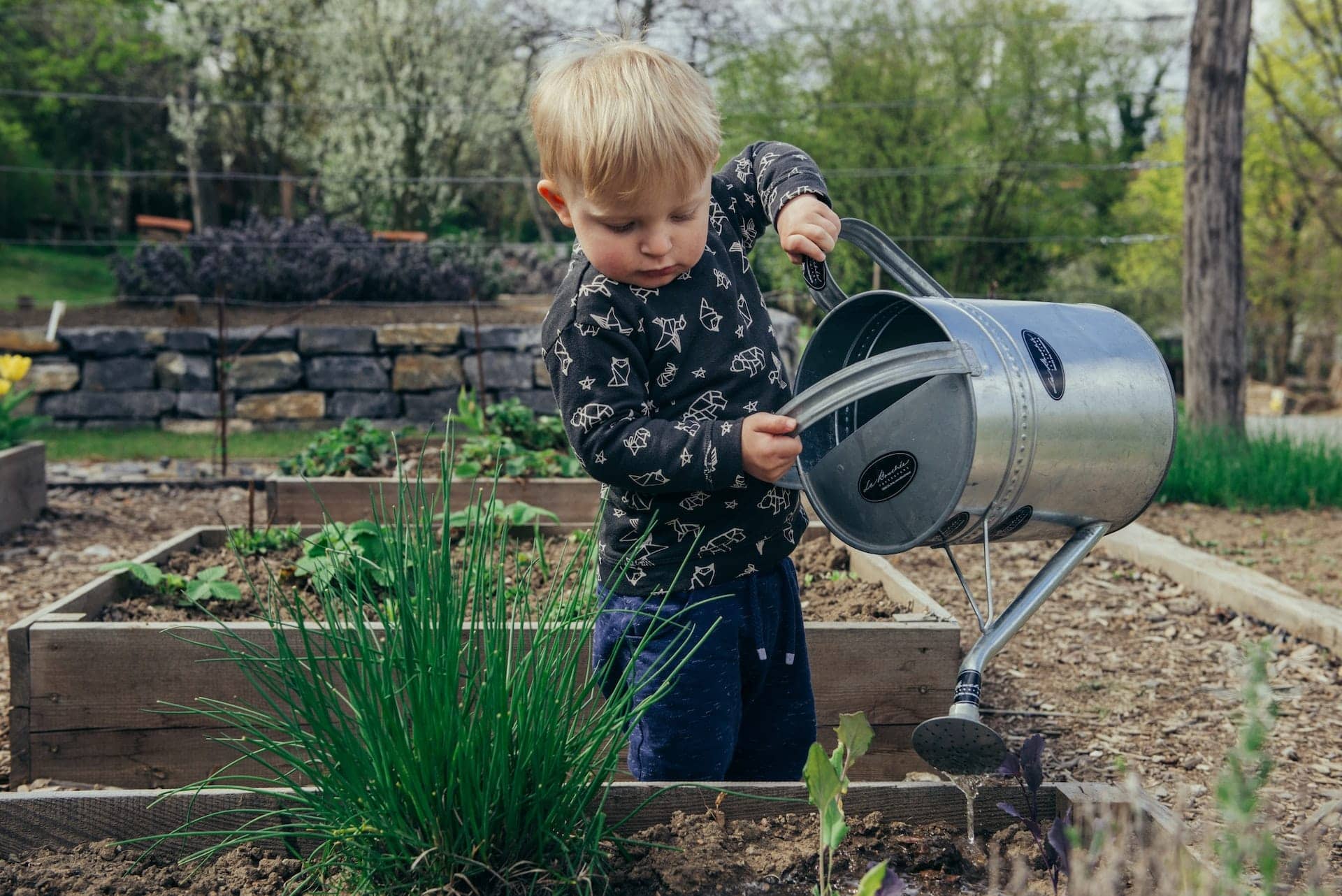
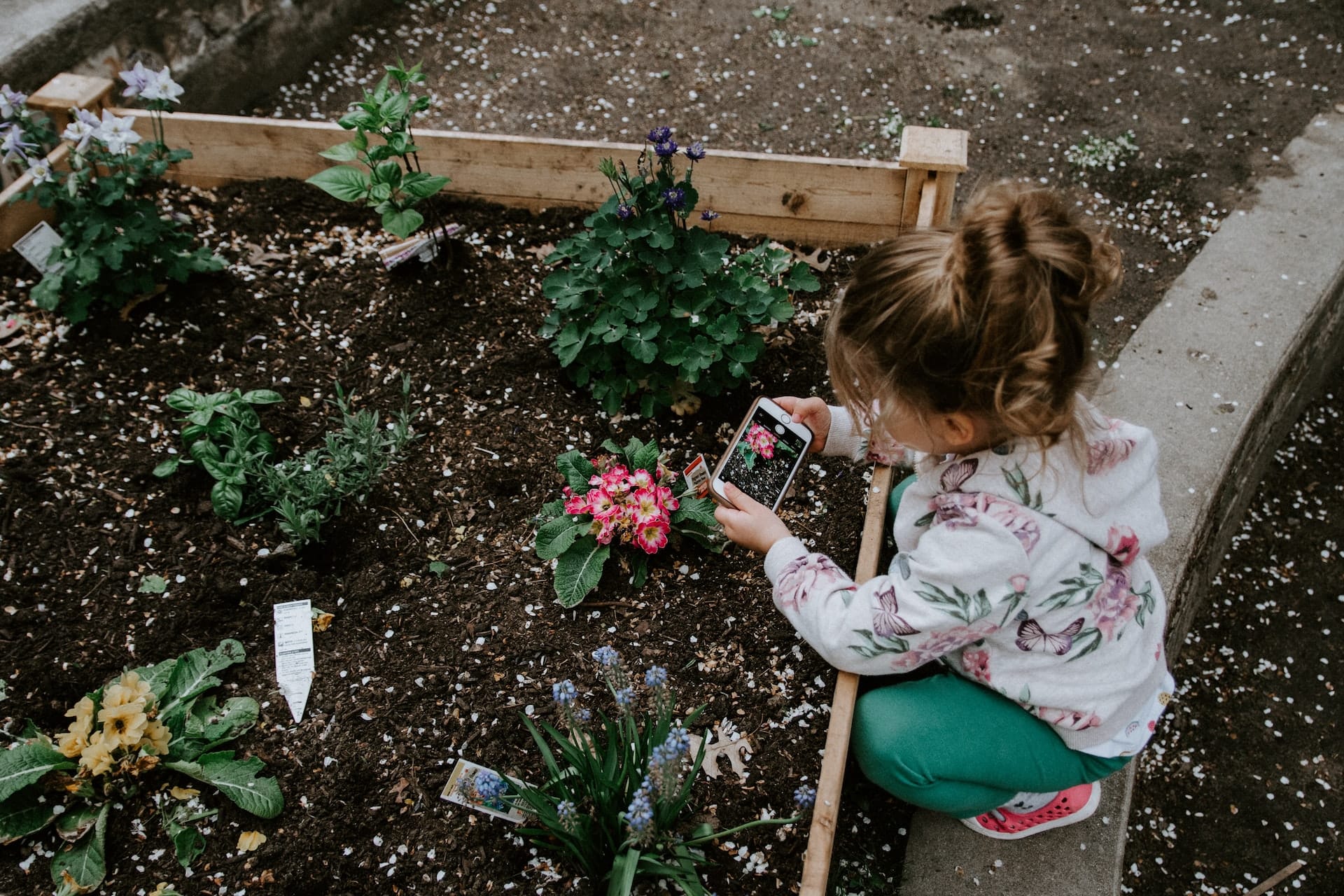

Medical Facilities
Incorporating a garden into these environments ultimately expedite patient recovery, and improve overall health.
The study on the correlation of the impacts of utilizing gardens for rehabilitating patients in healthcare environments goes back thousands of years and continues to show astronomical benefits to the overall rehabilitation, health and wellbeing of patients.
In the 1100’s AD, the therapeutic benefits of gardening were first described in a hospice garden located at a monastery in Clairvaux, France.
A growing awareness has developed in recent years in the healthcare community of the need to create functionally efficient and hygienic environments that have stress reducing characteristics.
One of many studies dating back to 1812, of psychiatrist and professor Dr. Benjamin Rush, professor of the Institute of Medicine and Clinical Practice reported that patients participating in gardening activities had better recovery rates from mania than non-gardening counterparts.
A ground-breaking study in this area from 1972-1981 was published in 1984 by environmental psychologist Roger Ulrich (Ulrich, 1984) who compared post-operative patients recovering from surgery who had views of natural landscapes, to recovering patients with views of a brown brick wall.
It was reported that patients with natural landscape views had shorter hospital stays, required fewer analgesic doses, and had lower post-surgical complications.
Regarding physiological manifestations of stress recovery, clinical investigations have found that viewing naturistic settings can produce significant restoration within less than five minutes in blood pressure, heart activity, muscle tension, and brain electrical activity.
Many similar studies throughout time have documented extremely positive outcomes resulting from active engagement with natural landscapes, which include improved physical and mental health, positive environmental benefits, and enhanced community and societal benefits.

Places of Worship
Aside from creating a divine and calming atmosphere, a church garden can be used in a variety of ways from healing the sick, feeding the hungry to educating and bringing the community together.
We are passionate about creating garden spaces of peace where people can visit to pray, regain clarity, focus, grounding, and connect to their spirituality in a world full of distraction and so many disconnects.
Strength and Beauty are in his Sanctuary- Psalm 96-6.

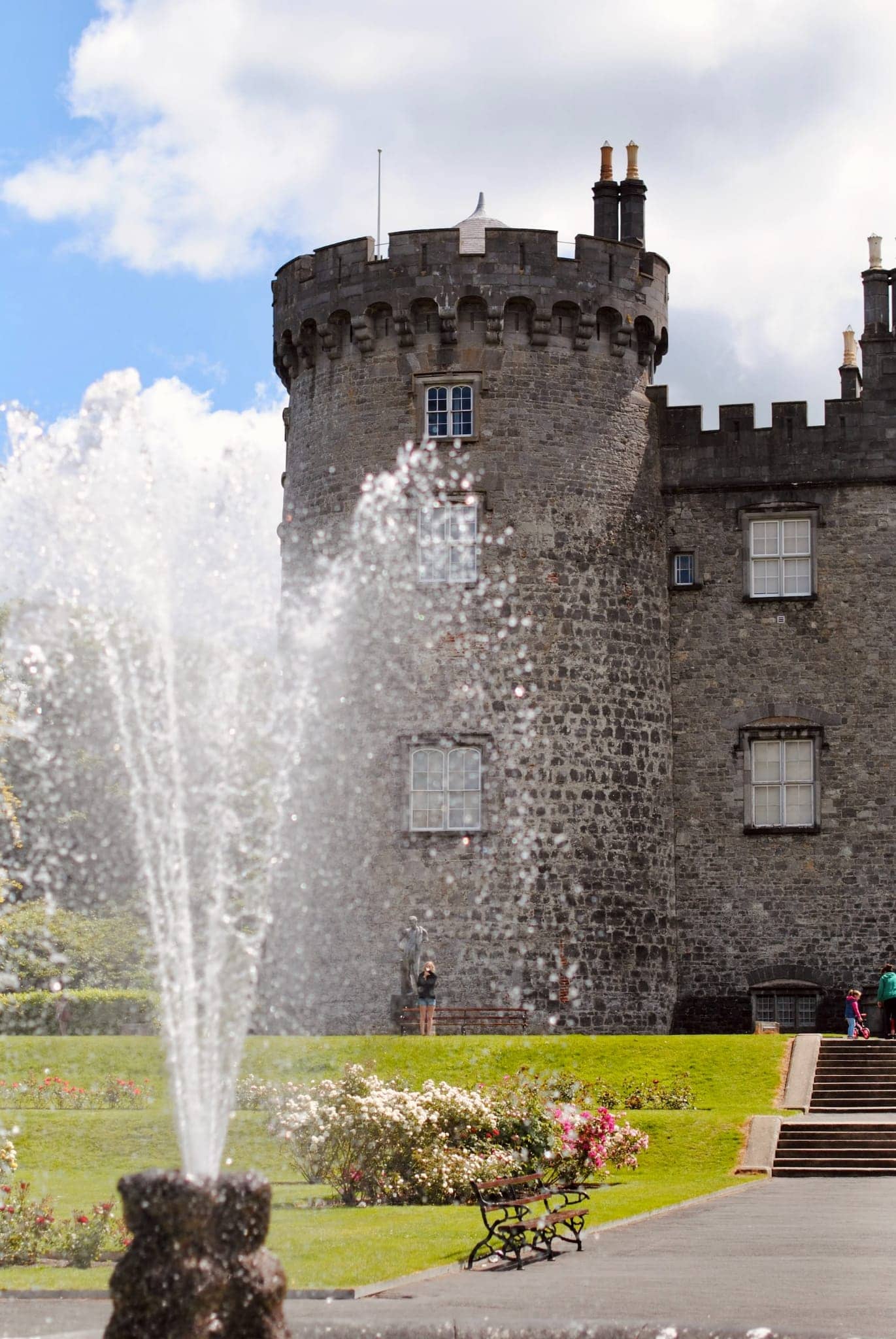
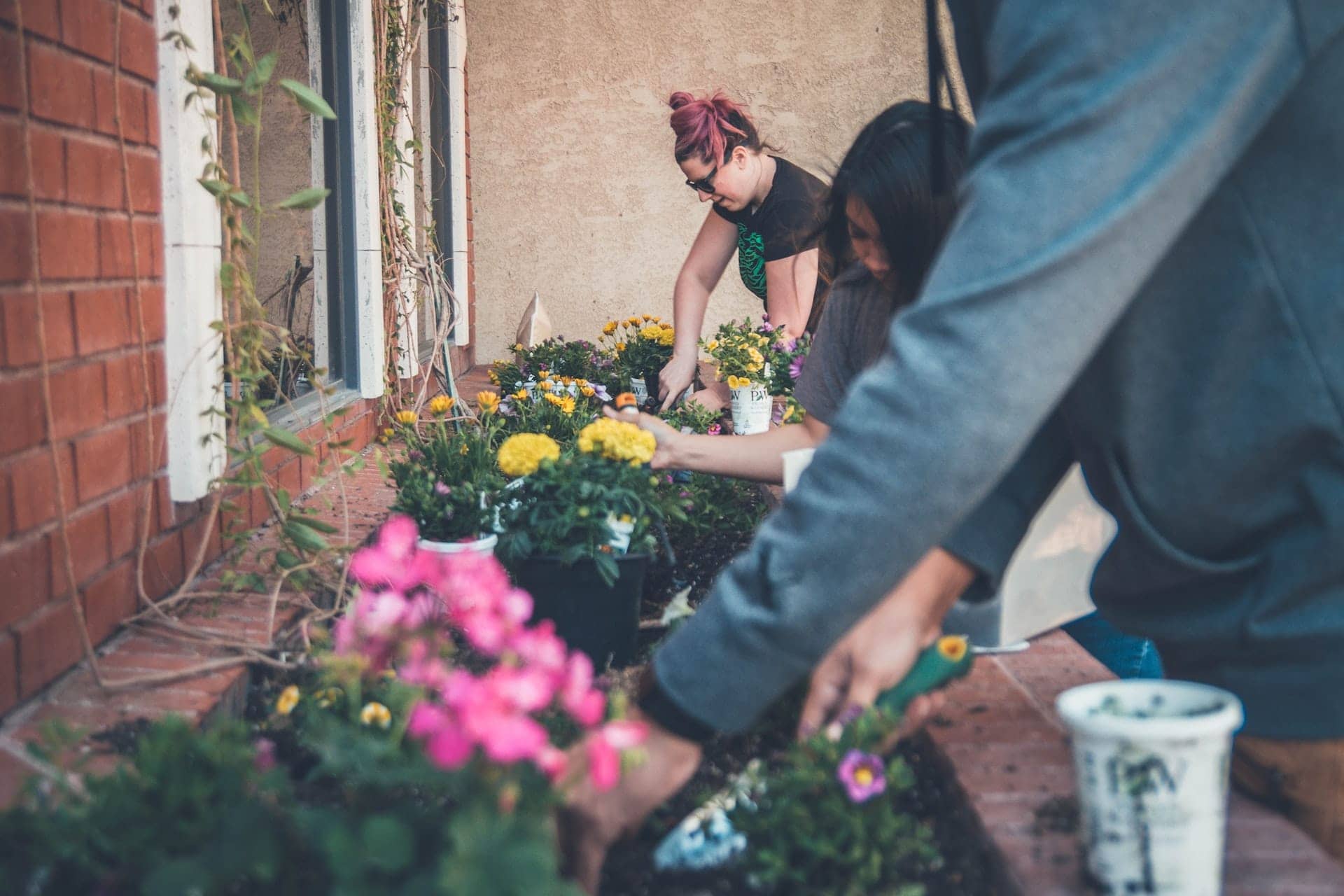
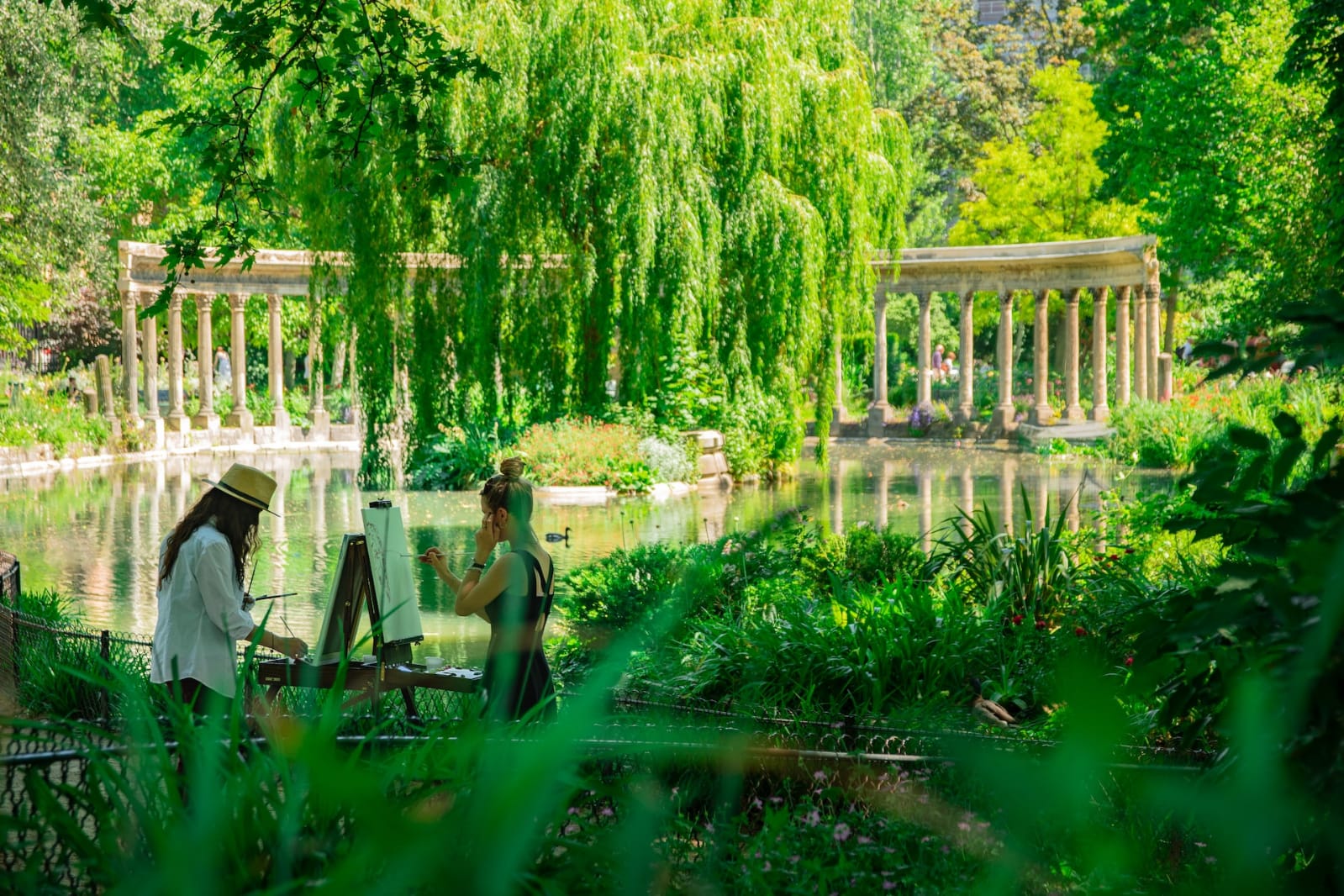
Public Garden Spaces:
Santuario is committed to collaboration through the development and transformation of garden designs in our communities to improve overall quality of life for residents and visitors.
Incorporating and maintaining natural garden landscapes improves the aesthetics of a community, giving the perception of a better quality of life, this is a major factor in attracting businesses, residents with higher income brackets, sustaining positive growth in the community, and decreasing crime.
Parks and urban green spaces impact physical and mental health by providing a costless solution to connect with nature.
Studies have shown there are positive correlations between the presence of natural garden landscape neighbourhoods and the level of physical activity of the residents which reside there.
As a result, residents of neighbourhoods with natural garden landscapes are less susceptible to physical ailments and more resilient against physical and mental illness.
The presence of garden landscapes in communities encourage residents and visitors to exercise, study, have outdoor social gatherings or simply enjoy being in complete solitude surrounded by nature; thus, improving their physical and emotional state, while enabling them to more fully enjoy their lives.
Statistics show that green spaces and gardens protect against mood disorders, depression, neurotic behaviour, anxiety, and stress. The effect of green spaces and gardens is also considered dose-dependent, meaning those who have longer exposures to natural spaces have greater mental health benefits.
Communities with proper landscaping and maintenance have shown to decrease crime rates. Vacant lots and abandoned property often covered in overgrown weeds, tagged with graffiti and littered with garbage have many negative impacts on the community from deterring quality residents from investing in home and business purchases, to deterring tourists from visiting the area.
Various studies have shown that developing and maintaining natural garden landscapes in communities has resulted in a decrease in crime rates by up to 30%.
